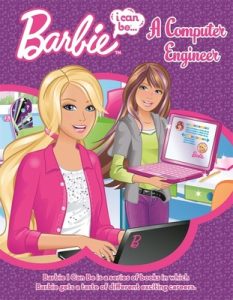
Dear Barbie, I know there’s been a lot of controversy lately about the cute puppy game that you designed and hired Brian and Steven to develop.
You later claimed that you would learn to code because Barbie, you can do anything! Which is true, you can! But it’s going to take some time. I wanted to address your dev question mano-a-mano, Barbie. Girl game designer to girl game designer.
Barbie, I understand. You’ve got this cute puppy game. Brian and Steve are probably willing to help if you build it if you ask them. You’re not sure of the cost but they know how to build computer-y things… in some language. You’re pretty sure. But Barbie, you don’t seem to know a lot about game development and at this point, Brian and Steve could tell you anything at all. (They probably won’t because they’re nice guys, but this is how misunderstandings happen.)

Your other option is that YOU can be a “Computer engineer” (otherwise known as a software engineer or a developer). All it takes is about 150+ hours of focused study, learning basic theories of design and development, coding structures, resources and developing a community and once you’ve done the research on the wide field of languages that you can program, you can choose the one that best fits your needs and master it. You could get it in a 2, 4 or 6 year degree and after that, you can code almost as well as an entry-level developer. Go to it, Barbie! You can do anything!
But… you know, Barbie, sometimes you want to put your time where it will be the most valuable- and maybe learning Unity isn’t the best bang for your time buck so to speak. I know, Unity isn’t the most complicated of languages, you won’t need a 6 year degree to learn it but for someone with zero development background… it could take you a while to get good at it. I may be very controversial here but I’ve seen that the best games are not always designed by people who know how to code them. The skills that it takes to be a creative writer and the skills that it takes to be a great developer do not always overlap. I just want to say that, Barbie- so you don’t feel rotten about yourself.

So here you are. You have to choose between hiring Steven and Brian or learning to code yourself. Are there any other solutions? Well as a matter of fact, Barbie… there ARE! And if you’d like to know more about this very common middle ground for indie game developers, Barbie, read on!
First of all, if you want to be a game designer or game producer, we like to say you need to know “just enough to be dangerous”. That means you don’t need to know every detail of every development language but you have to have a pretty good handle on the landscape of options and how things work so you know what questions to ask to get what you need.
BIG QUESTION, Barbie: did you build a design document for your puppy game? Specs (also known as wireframes or mockups) are an essential first. What *exactly* will your game do? Will there be an entry screen? What kinds of buttons? Will you record people’s data? Will you record their scores? Is it a story-based puppy game or a sprite (moving image) puppy game?
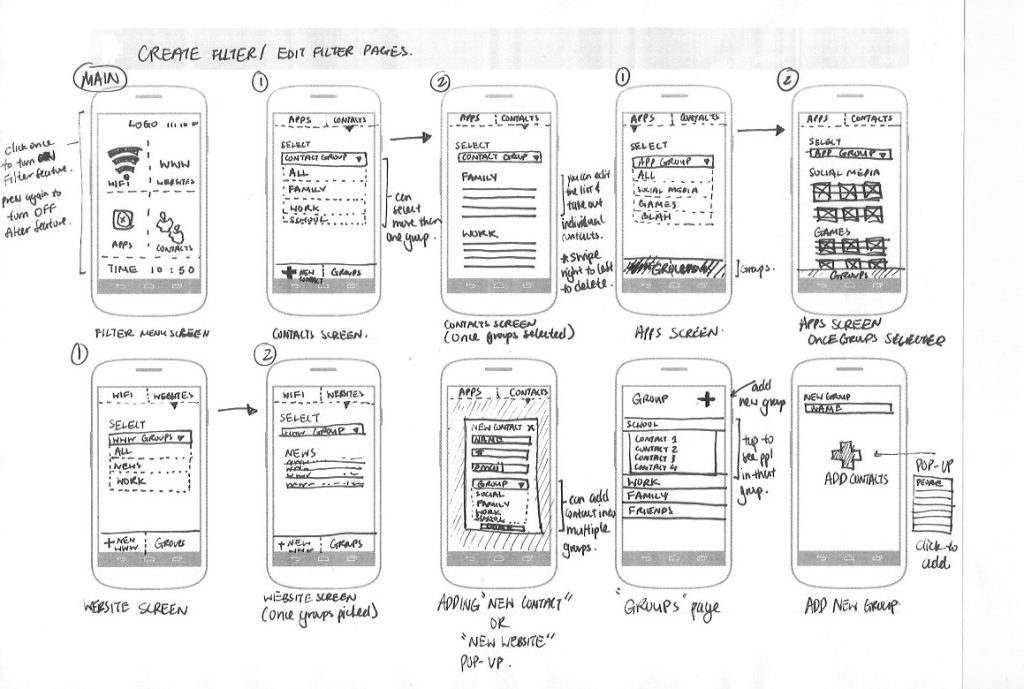
This document lets you and your potential partners know exactly what you want to build. If you hand these wireframe to Brian and Steven, I promise you’ll get a much better response from them. They’ll have an idea of how many hours it’ll take them and can give you a more reasonable quote. But what platforms exist that might be able to help you build at least a beta version or MVP of what you want? (A Beta version is the first, “rough draft” version of your product. An MVP means a minimum viable product. What’s the simplest version of your puppy game that you could actually release and have people play?)

Now it’s time to look for platforms that might be able to help you build an MVP yourself, Barbie. Here are some questions that I like to ask myself at this stage:
- Is this primarily a computer game or a mobile game? (or both?)
- Who’s your audience?
- What’s your budget?
- Will this be largely a text-based game or an image/animation-based game?
- What are my resources, and can I be flexible with my game to incorporate them?
Based on your book I think I know a couple of things about your game, Barbie. Looks like a computer-based sprite” game with some really really simple dynamics. Low budget but you have some good art assets (Skipper’s work?) I think you can do this, Barbie! Here are some options:
Low: Scratch
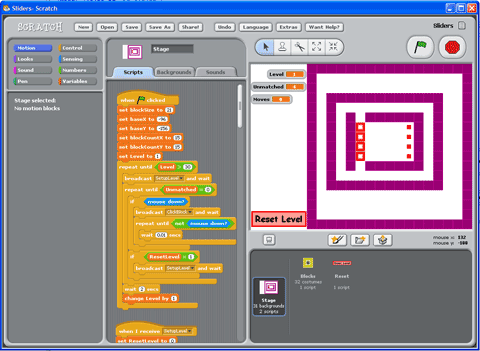
This is a great, free program made for kids. http://scratch.mit.edu
Though you don’t have to code, you’ll still need to learn how to build with their drag and drop system- maybe it’ll take you an hour or two. You can get some really simple, basic movements and scoring with scratch but if you add your cute art, it may be all you need to get to an MVP or testing stage.
Medium: GameSalad or Construct 2
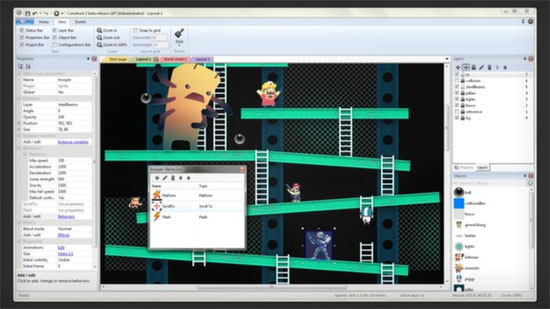
There are a couple of game building platforms that might be able to do what you need. http://gamesalad.com is free and will let you build a more involved game than with Scratch.
Construct 2 has a basic license for $130 but will let you build cooler stuff. Scratch might take you 4 or 5 hours to learn. Construct might be a little sharper of a learning curve but some actual indie game companies build their stuff with Construct 2 and it looks pretty pro: https://www.scirra.com/store/games
High: Playmaker for Unity

Playmaker is a visual scripting language for Unity. Unity- if you haven’t heard yet- is the defacto game design language for indie games. It’s fast, inexpensive, relatively easy to use and produces really good games. Unity itself needs some programming but if you take some time, you can learn to program something like Playmaker, which uses programming logic but is a visual approach: http://www.hutonggames.com.
You can do things like drag and drop your images and use buttons to determine the logic of where they’ll move. You have to install Unity first and then install the scripting language but it is infinitely easier than learning to program Unity from scratch. This will take more time and effort than the other options, but you could even have a finished product, market-ready puppy game with Playmaker, without ever having to learn to code completely or hire developers.
The images might still look complicated to you, Barbie but remember that actual coding looks like this:
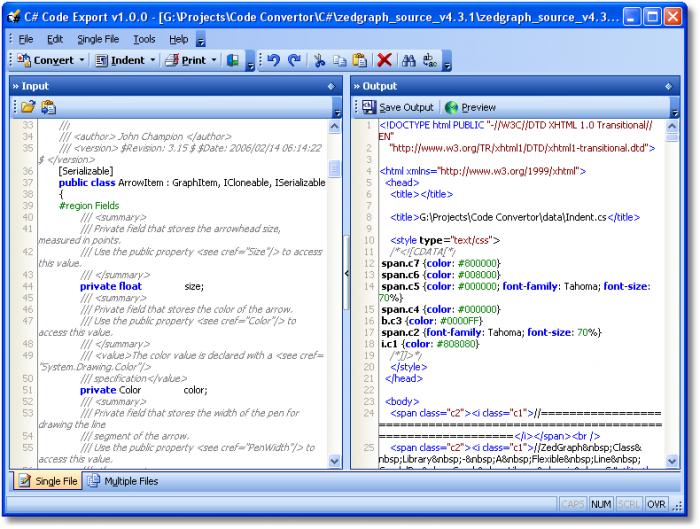
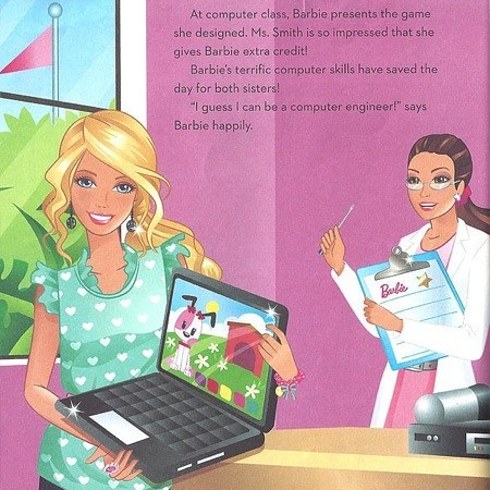
These platforms are a way to get to your Beta or MVP without having to commit to hiring a developer OR learning to code right out of the gate. And these are just solutions for your puppy game- there would be other solutions for different kinds of games.
So you CAN be a ‘computer engineer’, Barbie! But frankly you really don’t need to be in order to complete your puppy game. That’s sort of killing a fly with a bazooka.
I will say that your book probably wasn’t written by a game designer or she could have told you all this and solved you the trouble. In fact there were a lot of odd technical points in this tale of yours, Barbie. What exactly is a “computer engineer?” And was your computer teacher wearing a lab coat? Women in tech is a controversial topic, Barbie, and I’m sure you know that you’re a lightning rod character that people pay attention to. If you’re going to promote girls’ empowerment in tech, science- or anything really, you should have your biographers know a little bit about the topic at hand to save you a little trouble, both with your game design and with your PR. But controversy aside, Barbie, I applaud you on your efforts at educational game design! Your next book will need to be something like “I can promote my game”!


Leave a Reply